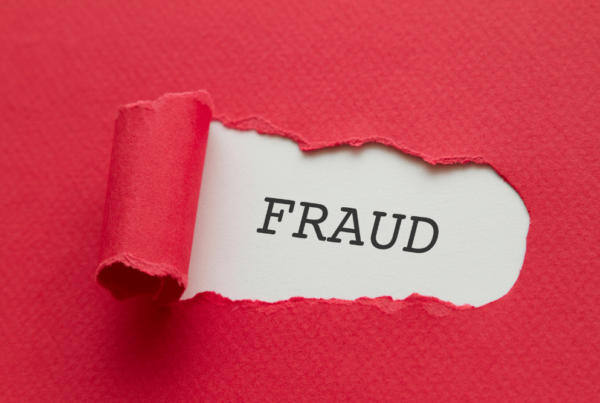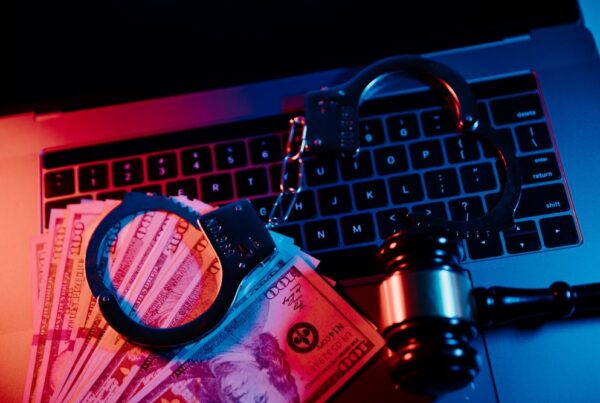Understanding Your Fourth Amendment Protections
The Fourth Amendment to the U.S. Constitution safeguards privacy rights by preventing “unreasonable searches and seizures.” This restriction exists to regulate how and when the government can search a location or seize people or property. In order to execute a reasonable search or seizure, the Fourth Amendment requires the government to demonstrate probable cause and obtain a valid warrant. Otherwise, the search or seizure may be a Fourth Amendment violation and make any evidence collected effectively useless for legal purposes.
Fourth Amendment Summary
The Fourth Amendment extends broad protection to the search or seizure of a person as well as their house, papers, and effects. Stated otherwise, the Fourth Amendment prevents the government from barging into a person’s life and disrupting their privacy without a valid reason. These protections only extend to searches or seizures by the government or similar public actors. The Fourth Amendment does not protect against searches or seizures by private actors or organizations.
Reasonable vs. Unreasonable Search and Seizure
In order for a search or seizure to be deemed reasonable under the Fourth Amendment protections, the government must comply with the probable cause and warrant requirements. These requirements are closely linked. Without probable cause, it is not normally possible to obtain a valid warrant to conduct the search or seizure in question.
Probable cause refers to the reasonable belief that a crime occurred or will occur in the future. A mere suspicion of criminal activity does not generally rise to the level of probable cause. Instead, the government must have factual evidence to support their allegation of past, present, or future criminal activity.
Assuming probable cause exists, the government must then request a warrant from a judge. If the judge determines that the request is reasonable and supported by probable cause, they will issue a warrant for the search or seizure in question. If not, the judge will deny the request and, generally, the government loses the ability to conduct their search or seizure.
That being said, there are narrow exceptions where the government may conduct a warrantless search or seizure. In exigent circumstances – where delay could result in harm or danger – the government may conduct a search or seizure without a warrant. Similarly, if a person consents a search or seizure, it can occur without a warrant. Also, the government can generally conduct warrantless searches or seizures at the border when people are entering the country.
What is the Exclusionary Rule?
If the government conducts a search or seizure in violation of the Fourth Amendment, the exclusionary rule can make any evidence collected inadmissible in a court of law. This rule developed through the court system as a way to ensure that the government adheres to the requirements of the Fourth Amendment when conducting searches or seizures.
When the exclusionary rule bars unlawfully obtained evidence, it can also extend to any other evidence as well. This is referred to as the “fruit of the poisonous tree” doctrine. Essentially, this doctrine views evidence as tainted if it was only discovered using information from an unlawful search or seizure.
On the other hand, there are several recognized exceptions to the exclusionary rule, including but not limited to the:
- Independent Source Doctrine – If the government can show that illegally obtained evidence was later obtained lawfully from an independent source, it may be admissible in court.
- Inevitable Discovery Rule – If the government can show that evidence from an unlawful search or seizure would have inevitably been discovered through lawful means, it may be admissible in court.







Recent Comments